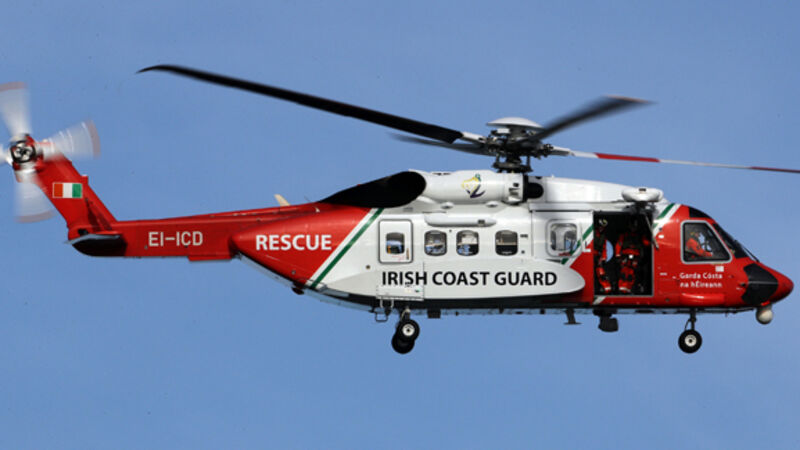Medical transfers crisis: Matter of life and death

Thanks to Air Corps manpower shortages and current coastguard regulations, since earlier this month there has been no night-time transfer provision for patients — most of whom are youngsters — who need to be taken within eight hours to Britain for urgent treatment, chiefly heart and liver transplants. There is, perhaps, the possibility of what is said could be a short-term answer, through changes in coastguard rosters, but that, we’re told, can’t be done overnight. It could take up to six months. What a lamentable position for an island nation dependent on a larger neighbour for such a vital facility.
The reasons for this crisis — and for the patients who need such transfers, crisis is not an exaggeration — are clear. The Air Corps should have 100 pilots; it has 70. Bigger salaries in a private sector, hungry for experienced pilots, are luring them away. The corps has nowhere near the number of technicians needed for servicing and repairs. It has eight training aircraft, of which half or more are normally grounded at any one time; it’s been reported that on one day this year, none of them were usable. A number of short-term options have been suggested by the Health Information and Quality Authority. These include — along with getting changes in coastguard rosters — taking on a private aeromedical operator to provide night time transfers, and having an air ambulance service supported by philanthropy, by which is meant charity.
















